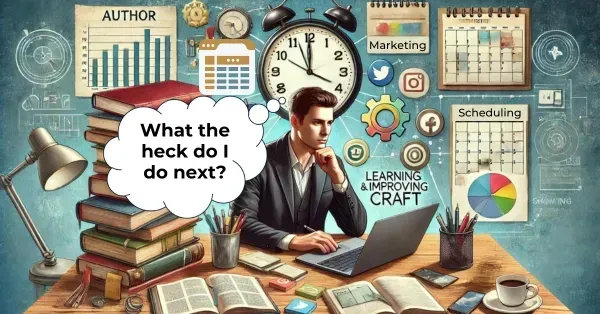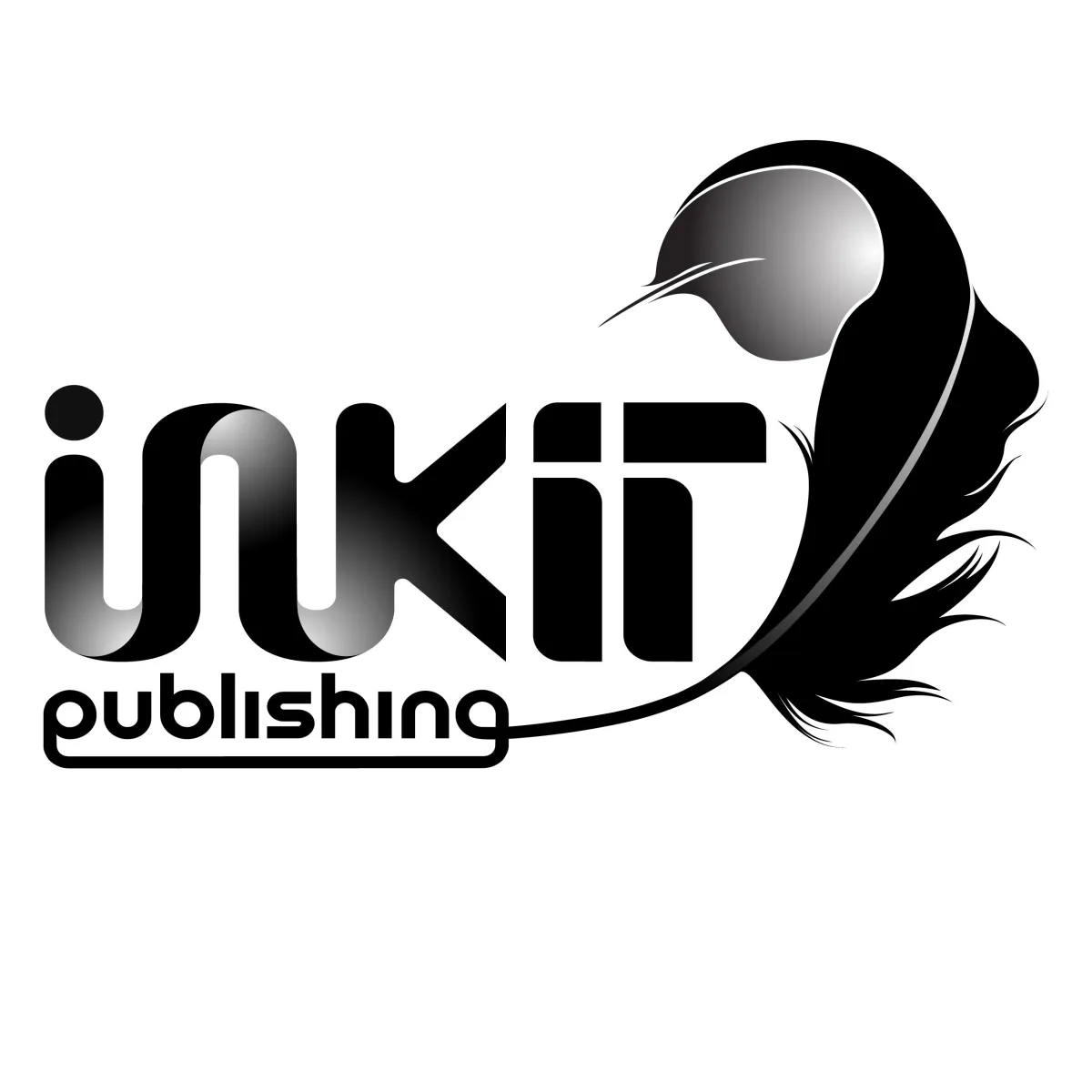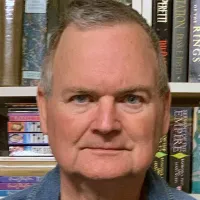Thanks for following our blog. You may browse the entries or search by category or topic.

Finding the Balance: A Writer’s Journey from Non-Fiction to Crime Thrillers
Introduction
If you’ve been following my journey, you know I’ve been immersed in the world of crime thrillers for the past three years. My debut novel. FALSE TRUST, was an exciting milestone, and I’m thrilled to share that two more titles in the Blake Willis Crime Thriller series, FALSE START and FALSE HOPE, are set to release later this year. As I draft the fourth installment, FALSE LOVE, I can’t help but reflect on how far I’ve come as a writer and the unique challenges I’ve faced. Today, I want to give you a glimpse into my writing life, especially as an indie author who started late with no relevant skills.
Background
Before diving into fiction, my writing journey began with non-fiction. Under a pen name, I authored a personal financial management book and later wrote Wine Sense: The Art of Appreciating Wine a decade ago. My career in IT consulting also involved crafting numerous long-form research and consulting reports. While these experiences honed my analytical writing skills, transitioning to fiction demanded a different set of skills and a significant time investment.
My academic background was far from literary. As a math and science enthusiast, my early education focused on these subjects, and I actively resisted reading fiction or writing. In fact, my poor performance in English Composition during my GRE exams starkly contrasted with my high scores in math. This early struggle with language skills was a clear signal (which I ignored!) of the importance of strong English skills.

As I moved into IT consulting, I realized that solving problems wasn’t enough—I needed to communicate my solutions effectively. My initial attempts at writing were dismal, but with the guidance of some great mentors and the principles from Barbara Minto’s The Pyramid Principle, I slowly developed decent writing skills for consulting reports. However, writing books, especially fiction, was an entirely new challenge.
"He who would learn to fly one day must first learn to stand and walk and run and climb and dance; one cannot fly into flying." - Friedrich Nietzsche
The Indie Author’s Path
Choosing to become an indie author over a traditionally published one added layers of complexity to my writing journey. While traditional publishing offers a support team for various tasks, indie authors must juggle writing, formatting, uploading, website maintenance, and learning the business side of authorship. This multifaceted role means less time for actual writing and more time required for constant upskilling.
Interestingly, I had the chance to publish my first crime thriller traditionally but opted for the indie route. Despite its challenges and longer road to success, indie publishing offers greater control over my creative direction and publishing schedule. This decision underscores my belief in long-term growth and sustainability in the indie publishing landscape.
Balancing Writing, Reading, Learning, and Marketing
A critical aspect of being an indie author is striking the right balance between writing, reading, learning, and marketing. Here’s how I allocate my time:
Writing: 50% of my time. On average, I’m good for about 4-5 hours of creative writing daily.
Reading: 20% of my time. This includes reading within my genre and outside to learn new techniques.
Improving Craft: 20% of my time. This involves learning better plotting, character development, grammar, marketing, and social media strategies.
Content Marketing and Social Media: 10% of my time. Updating websites, writing blog posts, and promoting my books.
I typically work more than 8 hours a day, often 6-6.5 days per week, resulting in about 60 hours of work each week. These percentages reflect my time out of a minimum 40-hour workweek, with additional hours for major projects or consulting work to supplement my income.
Call to Action
I encourage aspiring authors to find their balance between writing, reading, and learning. Allocating time wisely can significantly impact your growth and efficiency. Remember, only writing without learning can slow your progress, and only learning without writing means you’ll never produce anything! Striking the right balance is key, and I’m eager to hear how you manage your time. Share your experiences with me!
Upcoming Blogs and Other Resources
Stay tuned for more insights on my journey as an indie author, including detailed posts on time management, handling life’s interruptions, and comparing indie versus traditional publishing. I’ll also delve into how I allocate my time more intricately and explore various aspects of the author business.
Until then, happy writing, reading, and learning!
Other resources to help you improve your craft
Check out our Writing Apps page for the writing tools we use and recommend: Writing Apps
Note: There are affiliate links within this blog post to products and services that I recommend and use personally. This means that I receive a small percentage of sales commission with no extra cost to you and in some cases, you may receive a discount for using my links. I only recommend products and services that I believe are great for authors and other creatives. For more information, you may check out our Affiliate Marketing Policy, which can be found on this page’s footer or by clicking on the just-previous link.
"Enhance your knowledge, sharpen your skills,
and improve your craft word by word -- or blog by blog!"
Steve Shipley: Author and founder of InkIT Publishing
Designed by InkIT Publishing Pty Ltd.
© 2024. All rights reserved.

